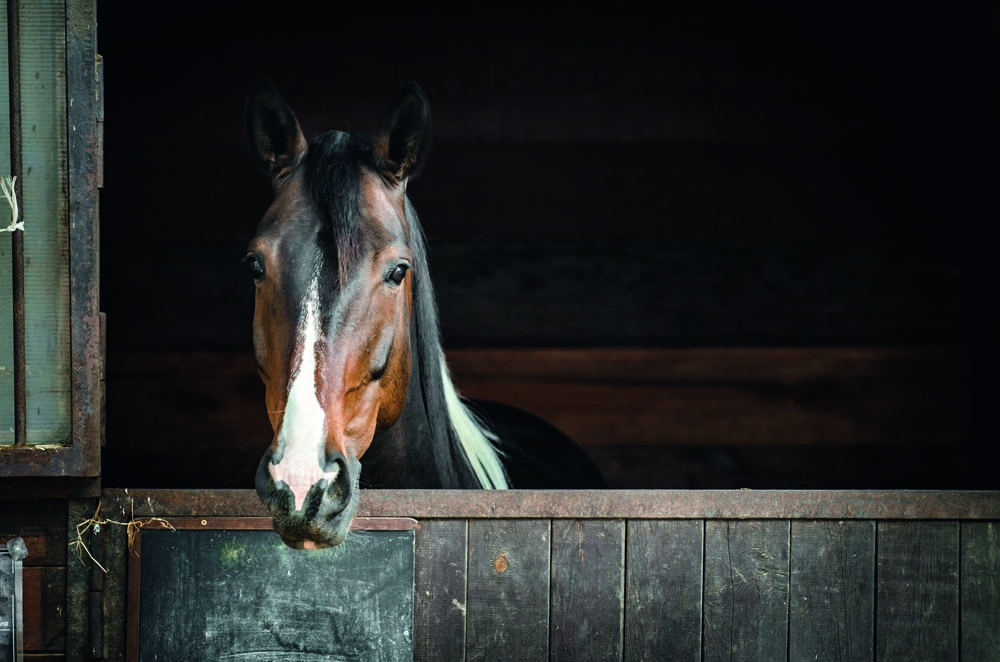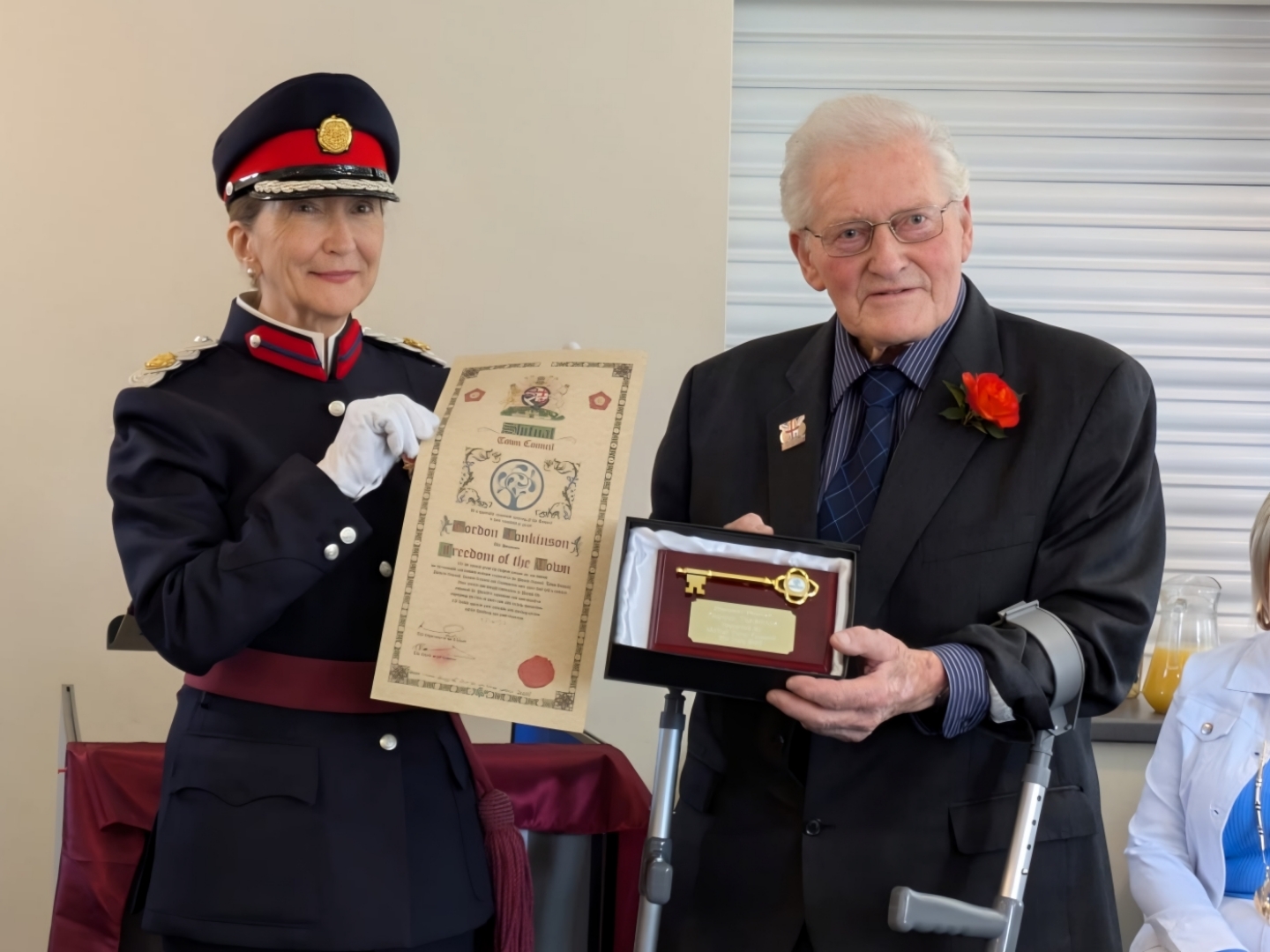If your horse experiences a nose bleed, it may be a sign there’s something amiss.
Epistaxis is a fancy term meaning ‘nosebleed’. Bleeding may occur from one or both of your horse’s nostrils and can originate from anywhere in the respiratory system from the nasal passages, sinuses, guttural pouches… right down to the lungs. Most cases are a one-off and due to minor damage inside the nose, like a human nosebleed. However, if there’s a large amount of blood produced or if bleeding recurs. you should seek advice from your vet.
Causes
There are a number of potential causes, from the mild and self-limiting to those which can be life threatening – most are in the former category so don’t worry! But it’s important to be aware of any causal agent to help you and your vet decide the significance of an episode.
Possible causes include…
- head trauma;
- exercise induced pulmonary haemorrhage (EIPH);
- foreign bodies;
- respiratory tract infection;
- tumours or growths;
- fungal infection;
- latrogenic (trauma to the lining of the nasal passage).
Diagnosis
If possible, make notes of when episodes occur. Your vet may ask questions such as: has your horse suffered from a nosebleed previously; how much blood has been lost and did it originate from one or both nostrils; has there been any trauma to the head; has your horse undergone any intense exercise or travelled recently; whether there has been a respiratory infection circulating on the yard where your horse is kept and has your horse been behaving in a strange manner recently?
After a history has been taken, your vet will probably perform a full clinical examination. Often a diagnosis cannot be made in the field and further tests may take place. These may include the use of an endoscope camera, x-rays, sinus exploration, blood tests and high-quality imaging techniques such as computed tomography and MRI.
Treatment
If your horse is experiencing a nosebleed, little can in reality be done. Make sure you put your horse into a stable, keep them quiet and calm to avoid elevating their blood pressure. If the bleeding does not stop within 10-20 minutes or if your horse is distressed or behaving abnormally, call your vet immediately.
Dr Kate Maxwell BSc (Hons) BVSc MRCVS GPCert(EqP)
Severn Edge Vets






